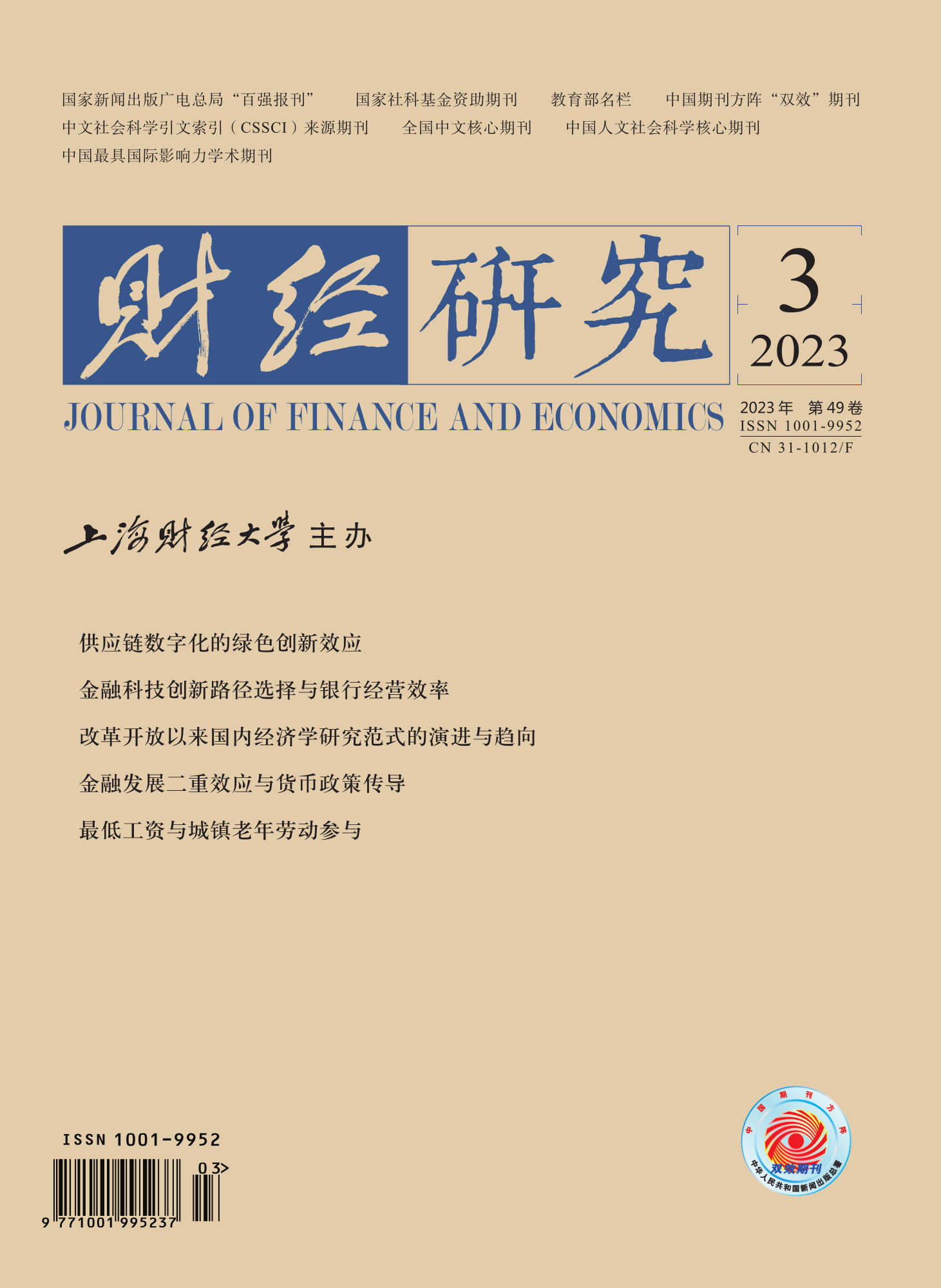Embedding the Party organization in corporate governance not only is a unique feature, but also plays a positive role in promoting CSR and realizing the sustainable development of Chinese enterprises. In particular, since the “targeted poverty alleviation” policy was proposed, a large number of enterprises have made concerted efforts to further promote targeted poverty alleviation, demonstrating the duty and responsibility of Chinese enterprises in the cause of poverty reduction. However, whether and how the Party organization plays a bridging role between corporate governance and CSR has not been fully studied. Therefore, extracting the key mechanism of embedding the Party organization into corporate governance is of great significance to cultivate and stimulate the initiative of enterprises to fulfill their social responsibilities.
Thus, taking the research sample of A-share non-financial listed enterprises from 2016 to 2020, this paper examines the impact of the Party organization embedded in corporate governance on CSR performance from the perspective of poverty alleviation. The empirical result shows that: (1) The Party organization embedded in corporate governance effectively promotes enterprises to fulfill their social responsibilities for poverty alleviation, and the higher the degree of the Party organization embedded in corporate governance, the higher the impact on the performance of blood-making poverty alleviation. (2) The impact of the Party organization embedded in corporate governance on blood-making poverty alleviation is more significant in the context of higher-quality Party building or stronger regional red culture, but has no significant impact on blood-transfusion poverty alleviation. When the main business of the enterprise is agriculture, it plays a substitute role in the relationship between the Party organization embedded in corporate governance and blood-making poverty alleviation, but plays a strengthening role in blood-transfusion poverty alleviation. (3) The Party organization embedded in corporate governance plays a role in the social responsibilities for poverty alleviation by affecting the distribution of enterprise attention. In addition, there are differences in the nature of property rights in the impact of the Party organizations embedded in corporate governance on poverty alleviation.
The contributions of this paper are as follows: (1) Combined with the attention-based view, it deepens the understanding and cognition of the Party organization embedded in corporate governance, which increases the research accumulation of the Party organization’s participation in corporate governance. (2) It divides the social responsibility for poverty alleviation into the two categories of “blood-transfusion” and “blood-making”, which refines the classification research on the content and nature of CSR. (3) It discusses the moderating effect from the internal, industrial and regional perspectives respectively, which broadens the boundary research between the Party organization and CSR. (4) It supplements the supporting evidence for the unique governance element of the Party organization in China’s modern enterprise system, which provides theoretical perspectives and practical values of the Party organization on how to effectively promote micro-enterprises to participate in social undertakings such as poverty alleviation and form an orderly social governance ecosystem.





 3958
3958  2681
2681

